Here’s Why I Quit the NHS
I remember starting the eighth grade and being one of the many in my class to receive a mysterious, elegant, official-looking envelope with the logo of The Baldwin School of Puerto Rico. My thirteen-year-old self was really curious about what it could be about. Little by little, everyone who received the envelope and myself found out the reason why it was handed to us: we had been invited to join the National Junior Honor Society. The NJHS. It sounded so prestigious, so academic—how could we turn down this invitation? If my memory serves well, practically everyone that received that envelope went on to join the NJHS after writing an essay explaining why we possessed the characteristics of service, character, scholarship, and citizenship.
Our meetings were held in the mornings at 7:45am. Mrs. Santiago, the advisor of the NJHS at the time, would lock the door once that hour arrived, making it impossible for the kids on the outside that weren’t on time to hear or see what was being discussed. During my first year in the NJHS, a talented group of student officers fostered a community where us members were granted many community service opportunities, the most important one being our help toward the non-profit organization Hogar Amanecer, a home for the elderly that needed support we were more than willing to give. Clothing and necessities drives were organized and various opportunities to visit the home were given. I felt like I was really creating an impact in the Puerto Rican community, and I fostered an even bigger interest in service during my first year as an NJHS member. This encouraged me to run for president of the NJHS in 2019, and the rest of the wonderful council and I, along with Mrs. Santiago’s support and help, had the honor of leading what seems like quite a successful year. We continued doing service activities for Hogar Amanecer, organized a beach cleanup in the first semester, and even did our part during the beginning of the COVID pandemic by writing appreciation letters to doctors and nurses in Puerto Rican hospitals that could do with some moral support from the community.
My amazing experience in the NJHS led me to believe that joining the National Honor Society (NHS) would be a sequel to my time in the Junior Honor Society during 8th and 9th grade. However, I was daunted by the increase in service hours and academic expectations that NHS members were subjected to. Internally, I was doubting whether or not it was worth it to join the society; besides the increase in responsibility, I had to take into consideration my ability to spare time that I was bound to need in the upcoming years of high school. In addition, I had began to discover my own values as a person and a moral agent. I was at a crucial point in my primary years as an adolescent where I reflected upon whether what I stood for (or thought I stood for) aligned with my moral compass. The time in quarantine also played a big role in the character development I was going through. However, indirect and unintentional pressure from classmates who decided to join the NHS and from my family got in the way of me making a decision for myself in order meet external expectations that seemed to imply that in order to succeed/to get into a good college, I simply had to join the National Honor Society.
The internal epiphanies I had about the NHS and myself had nothing to do with Baldwin’s Honor Society. Rather, they had to do with the notion of the NHS as an organization that promotes and encourages community service, but limits its own capacity to carry it out to the fullest extent by admitting only students with a 3.7 GPA or higher. In other words, the organization seems to discourage students that don’t meet an academic requirement that has nothing to do with keenness and interest in helping their community from engaging in service. It seems to put more emphasis on the scholarship pillar than any other of the four. I noticed the academic pressure that I felt (which, once again, was not caused by the Baldwin chapter but by the organization in its more broad, national sense) override and tarnish my passion for community service as I concentrated more on completing the hours for the sake of remaining in the NHS instead of for its own sake. After careful consideration, I decided to resign from the National Honor Society.
I feel as though now I am rekindling my passion for community service, doing it in ways that I as an individual feel I can best do, and without the academic pressure that loomed over my mind constantly when I was a part of the National Honor Society. I was afraid my father would be disappointed in this decision, but he respected it as I discussed it with him and presented my opinions and my reasons behind the resignation.
As I write this opinion piece I am not trying to convince current NHS members to quit; instead, I want to encourage the development of a passion for community service that goes beyond completing hours. In the end, it is not the academic achievements of our time in high school that leave a lasting impact in our community, but the service that we are willing to do in order to collectively use our ability to do good and spread kindness in a world where more and more of that is needed.
Your donation will support the student journalists of The Baldwin School of Puerto Rico. Your contribution will allow us to purchase equipment and cover our annual website hosting costs.
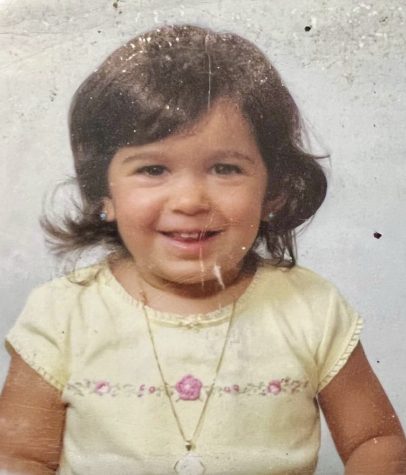
Hello, my name is Caridad Álvarez and I am this year’s editor-in-chief. I am in my senior year and I have been contributing to the Bullseye since ninth...

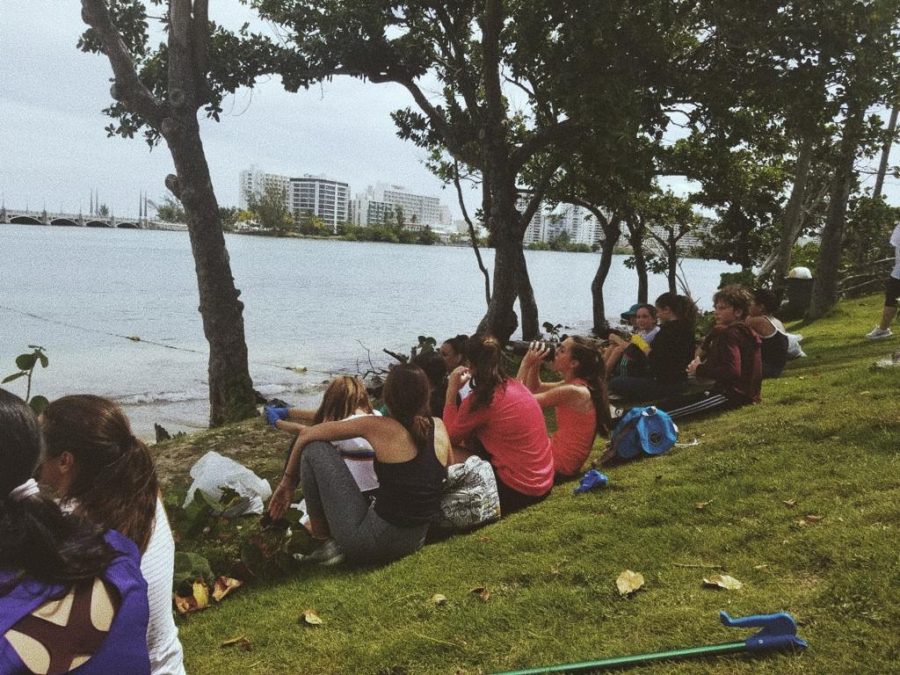
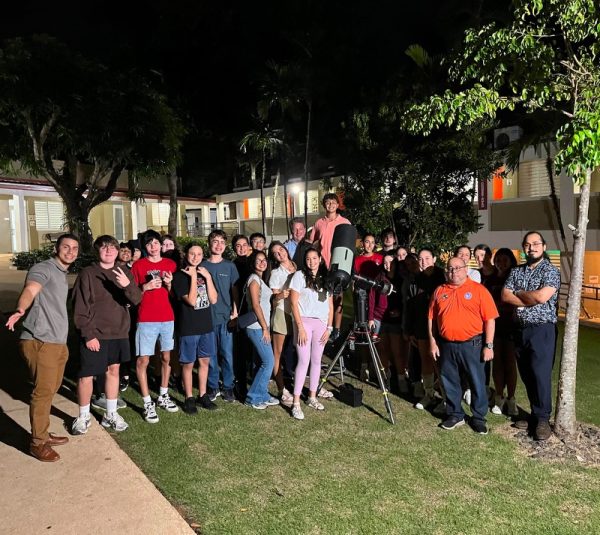
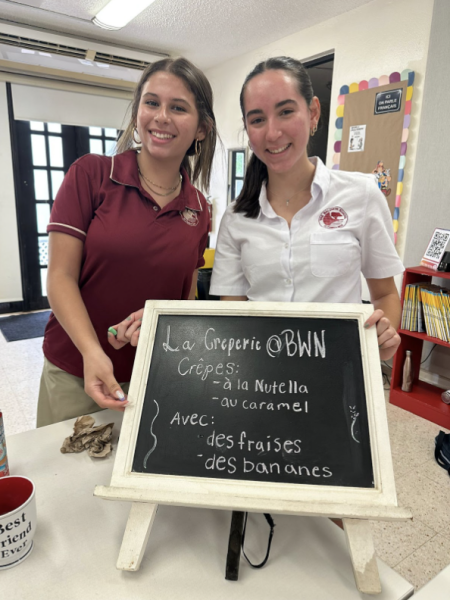

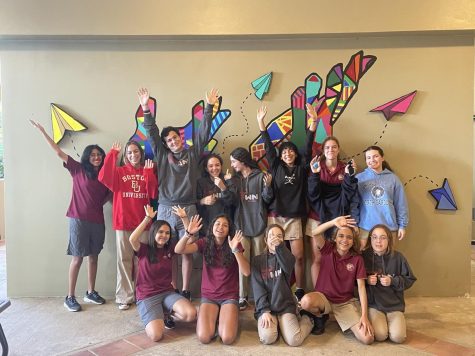

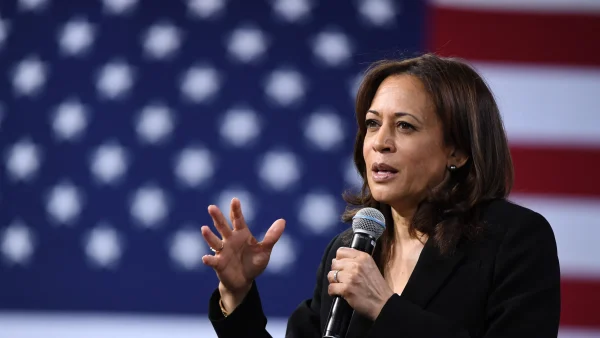
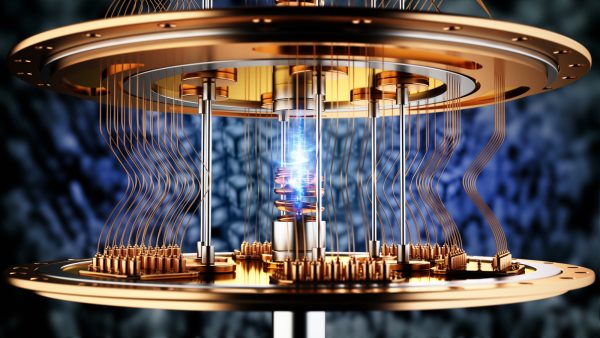
Antonio Álvarez • Oct 21, 2022 at 3:33 PM
I am Antonio, Caridad’s father. I have always trusted my daughter Caridad in her decisions, and I fully understand her feelings about the NJHS and NHS. It is true. Academic performance has nothing to do with community service, and community service should not interfere with academics development. Her resignation from the NHS has given her more time for her studies, and she still has time to do community service on her own, without pressure. I agree with her, this is not to discourage those wanting to join NJHS or NHS, it is worth the experience, but don’t do it for prestige or to have it in your scholar resume, do it by heart, because you want to do it, not because any other intention.
Keep going Caridad, you do it excellent, I believe in you, your classmates, and in BALDWIN School of Puerto Rico.